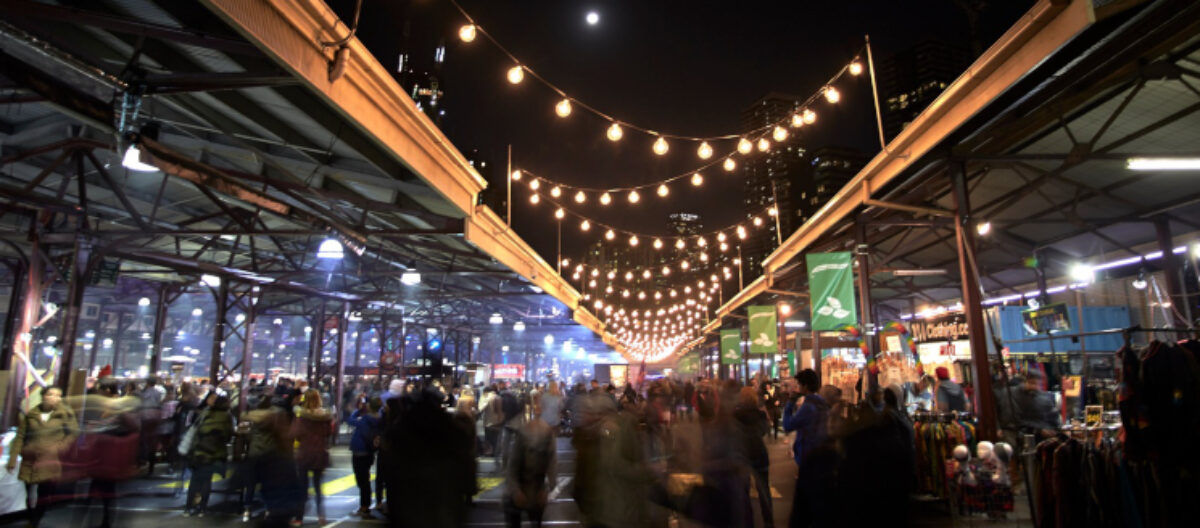Hosts and Dreams
Welcome to our inaugural episode of Indaba. This podcast is a project of collective global love built with our global network of scholars, activists, community practitioners, and friends rooted in a Critical Community Psychology, and a shared goal of furthering our capacity to engage in critical, decolonial and action-oriented research and practice in our everyday work and life.
As a co-imagined podcast there are a number of hosts and collaborators that you will hear from through the season, and we offer this episode as our introduction to you. With partners in Australia Chris Sonn, Roshani Jayawardana, Rama Agung-Igusti, and Sam Keast, in Canada, Natalie Kivell, Ramy Barhouche, Marika Handfield, and Elizabeth Brunet, in Chile, Marianne Daher, Antonia Rosati, and Maria Jose Campero, in South Africa Garth Stevens, and Rejane Williams, and in Indonesia Monica Madyaningrum.
In this first episode, you’ll find a number of us in a park in Naples Italy at the International Conference for Community Psychology, a moment and dialogue that we couldn’t help but smile, laugh, and selfie our way through as we found ourselves for the first time in the same timezone. In this ‘get to know us’ episode we invite you into our collective of resistance, learning, and connection. We begin with Chris and Garth taking us through our podcast name: Why ‘Indaba’ and then you’ll hear from many of us about how we see this project and podcast taking shape, and finally we each introduce ourselves to you as listeners and transcript readers. Consider this episode a roadmap – to who we are, of what you can expect, and with different pathways into and through this season.
After this episode we present five pairs of episodes, each pair exploring a particular context of everyday praxis, beginning with a contextually grounded storytelling episode drawing on the experiences of our guests, and followed by a critical reflection dialogue with members of our global collective drawing insights into the local contexts of South Africa, Indonesia, Chile, Australia, Palestine, and Canada. Over this season you’ll hear from many of us as hosts, and sometimes as guests as the topics, contexts, and regions, shift through our episodes.
Co-Hosts / Guests
Marianne Daher, PhD in Psychology and Master in Community Psychology from Pontificia Universidad Católica de Chile. Assistant Professor at the Psychology Department and Coordinator of the Professional Training in Community Psychology at the same university. Specialized in the evaluation of social programs, both in the public sphere (social policies) and in the private sphere (non-governmental organizations and international organizations). Distinguished by Uniservitate Award, Fundación Superación de la Pobreza, Centro Latinoamericano de Desarrollo Rural and Vicerrectoría de Investigación of Pontificia Universidad Católica de Chile. Member of the Chilean Society of Community Psychology. Promoter of www.praxiscomunitaria.com, website oriented to share publications and support materials.
Antonia Rosati, PhD student in Social Sciences and Master in Social Sciences with a specialization in Sociology of Modernization from Universidad de Chile. Social Community Psychologist from Pontificia Universidad Católica de Chile. Adjunct Instructor Professor at the Psychology Department in Pontificia Universidad Católica de Chile. Researcher, coordinator and research assistant for projects on social programs, poverty intervention, community intervention, approaches and models of social protection, community mental health, burnout and care of psychosocial teams, qualitative evaluation, university teaching and political psychology. Distinguished by Fundación Superación de la Pobreza and Uniservitate Award. Promoter of www.praxiscomunitaria.com.
Christopher Sonn bio (he/Him) was born and raised in South Africa and now lives and works on the lands of the Wurundjeri and Bunurong people of the Kulin Nation. He is a Professor of Psychology working as researcher with the Institute of Health and Sport and the Moondani Balluk Indigenous Centre. Chris have been working over the last few years on various topics related to experiences and meanings of community, identity, belonging, and displacement in the everyday. He is interested in creating responsive, antiracist, and decolonial community and liberation psychologies.
Sam Keast is from a white settler background who identifies as queer and grew up in Naarm (otherwise known as Melbourne). His work as an early career researcher and educator is shaped by critical-cultural, transdisciplinary scholarship and praxis that seeks to problematize subjectivities that are normalised by Euro-Western, neoliberal ideologies and that unsettle the authority of dominant forms of psychological knowledge. He is a member of the Community, Identity, and Displacement Research Network (CIDRN) and coordinates the website and other research communication strategies for the network. With an interest in creative methodologies and multimodality in research and knowledge translation/dissemination, he has led the development and design of the internationalcommunitypsychology.com website which is an archive to celebrate the history, work and people from the ICCP conference community.
Roshani Jayawardana (she/her) is a PhD researcher born in so-called Australia to Sri-Lankan-born parents. Growing up and navigating colonial institutions and spaces in Australia herself, as a young researcher she has an interest in understanding the experiences of children of migrants and third culture kids, and enabling them to make sense of their identities, sense of belonging and place. Her work utilises community-engaged methods and creative and audio vehicles to facilitate young people in voicing and propelling these negotiations through stories.

